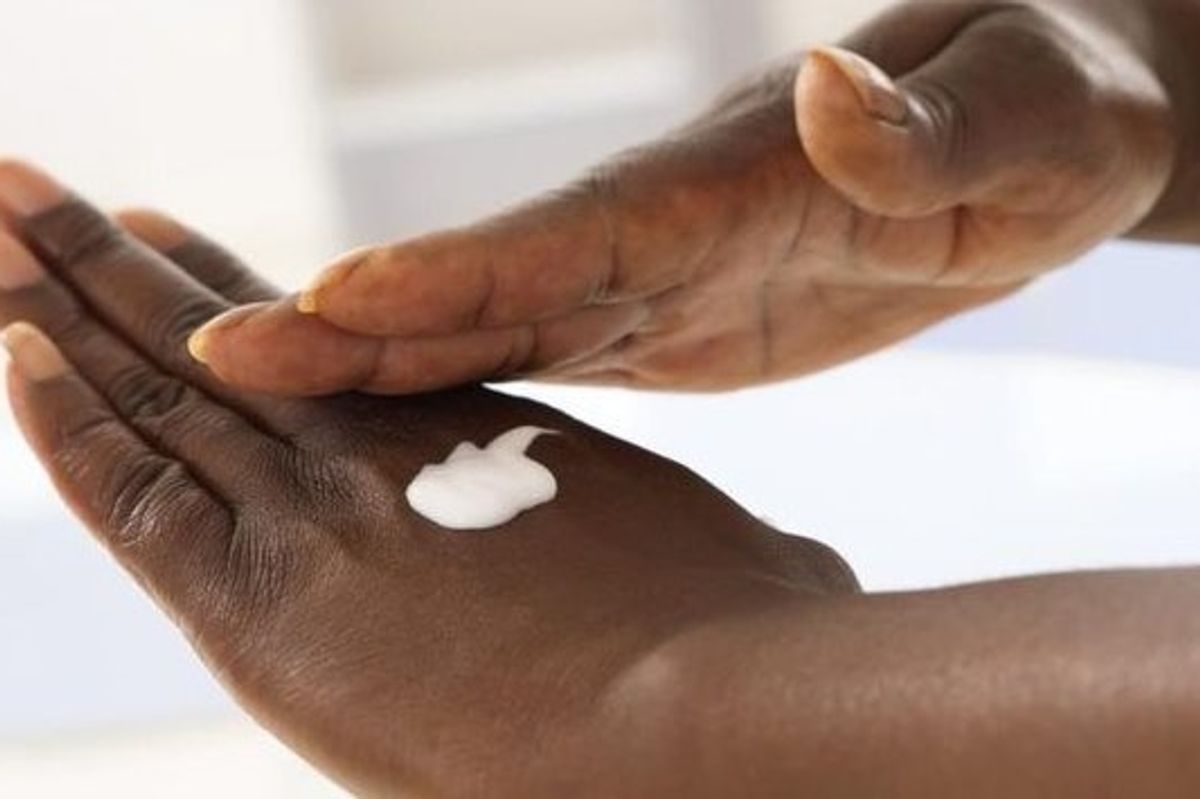
The Ghanaian Immigration Service Is Denying Candidates With Bleached Skin and Stretch Marks
The organization claims that they've done so to prevent candidates from "bleeding during strenuous activities."
SEARCH

The organization claims that they've done so to prevent candidates from "bleeding during strenuous activities."